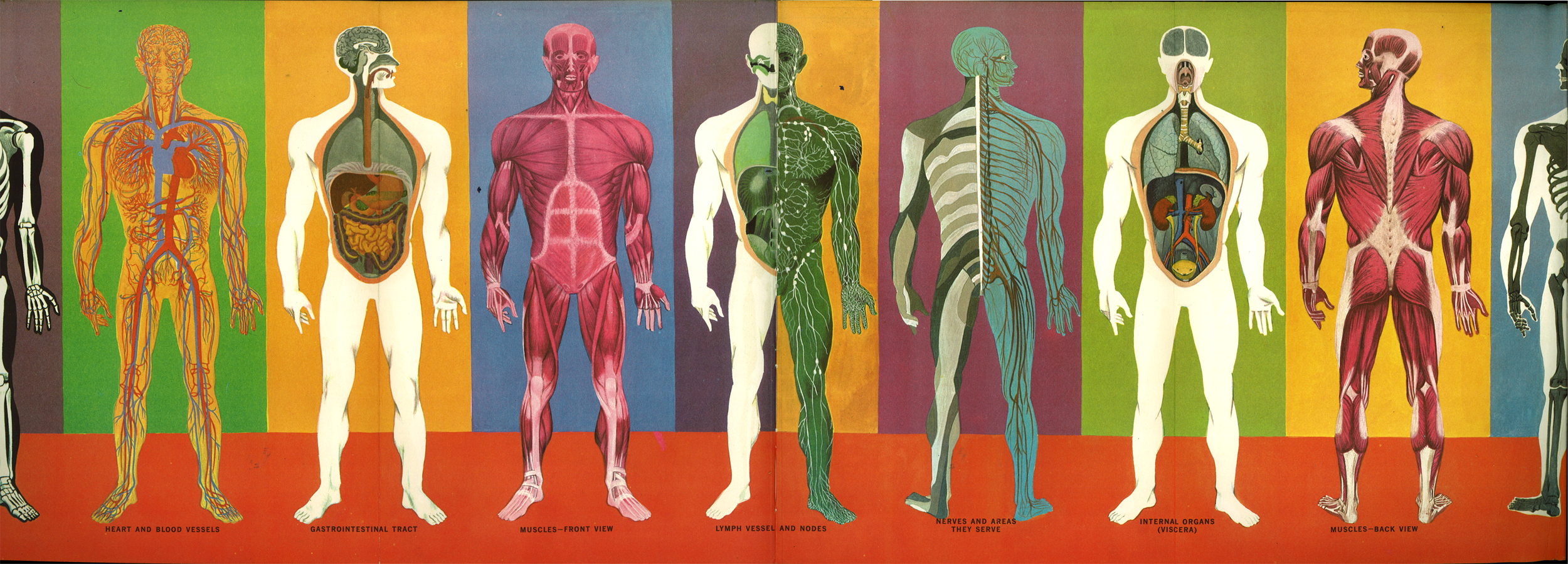There’s no evidence that fenbendazole, an ingredient in dog dewormer, cures cancer. However, the drug does suppress tumor growth in mice. It works by destroying microtubules, which provide structure to cells.
A focus group was conducted to interview lung cancer patients about their perception of fenbendazole. Most of them said they heard information about fenbendazole from TV, friends or acquaintances.
It’s an antiparasitic
Fenbendazole is a broad-spectrum anthelmintic drug used to treat parasitic worms in animals. It acts by binding to the protein b-tubulin found in microtubules, which play a crucial role in cell activity. This interference with microtubules disrupts the cellular division process and kills the parasite.
A video posted on TikTok by Jones shows a cancer patient named Joe Tippens claiming that he took fenbendazole to cure his cancer. But there is no evidence that fenbendazole cures cancer. It can only help patients if they combine it with other established treatments.
According to a survey conducted by researchers, fenbendazole does not kill cancer cells. But it does stop the growth of cancer cells and prevents them from utilizing oxygen for energy. Moreover, it has been shown to have anti-inflammatory properties. The researchers found that fenbendazole suppressed the activity of a cancer-promoting protein and caused apoptosis in colorectal cancer cells. It also reduced autophagy and ferroptosis in 5-fluorouracil-resistant SNU-C5 cells.
It kills cancer cells
Some people use the antiparasitic drug fenbendazole as an alternative cancer treatment. It has been shown to kill cancer cells in animal experiments. It also boosts the production of a gene that keeps cancer cells from multiplying. This is a similar mechanism to how chemotherapy works. However, there is no evidence that fenbendazole cures cancer in humans.
The fenbendazole claims in the TikTok and Facebook posts come from a video that was originally posted on Jones’ YouTube channel in 2019. In it, he discusses Joe Tippens, a man who claimed to have cured his small-cell lung cancer with fenbendazole.
A number of people reported hearing about fenbendazole through acquaintances or family members. Others found the information on the internet or TV news. In a focus group interview, 21 lung cancer patients were asked how they got their information about fenbendazole. They were also asked to rate their perception of the information they heard. The interviews indicated that the information was largely false.
It boosts the production of a cancer-killing gene
Fenbendazole boosts the production of a gene called P53, which causes cells to stop growing and divide. This prevents the spread of cancerous cells and promotes apoptosis. It also blocks the formation of microtubules, a protein scaffold that gives shape to all cells. It’s important to remember that there is no evidence fenbendazole cures cancer. It is an antiparasitic drug that works by interfering with the assembly and disassembly of microtubules. It doesn’t kill cancerous cells directly, nor does it cause apoptosis.
The drug has been shown to slow tumor growth in mice. Its mechanism of action is similar to that of paclitaxel and vincristine, which are approved cancer treatments. The difference is that fenbendazole doesn’t cause toxicity in humans.
Studies have also found that fenbendazole stimulates autophagy and ferroptosis in colorectal cancer cells. This is mediated by Beclin-1 expression and the activation of caspase-3. However, it does not induce p53-mediated apoptosis in 5-fluorouracil-resistant SNU-C5/5-FUR cells.
It prevents recurrence
While fenbendazole does not cure cancer, it can help prevent recurrence. It works by blocking cell division and reducing inflammation. It also acts as an antiparasitic. It is a member of the class of drugs called anthelmintics. While Health Canada lists fenbendazole as a drug for veterinary use, it is being researched for its potential as an anticancer drug.
In a study published in 2021, scientists found that fenbendazole interferes with the formation of microtubules, a protein scaffold that gives cells their shape and structure. These structures are important for cellular activity, including cell cycle progression and mitosis, the process whereby chromosomes are separated equally during the cell division process.
The study was conducted by Johns Hopkins Medicine researchers, who used mice to test the effects of fenbendazole. The results of the experiment showed that the drug mebendazole could slow down pancreatic cancer growth and spread in mice. It does this by preventing the formation of tubulin, a protein that serves as both the cytoskeleton and highway for transporting organelles.

